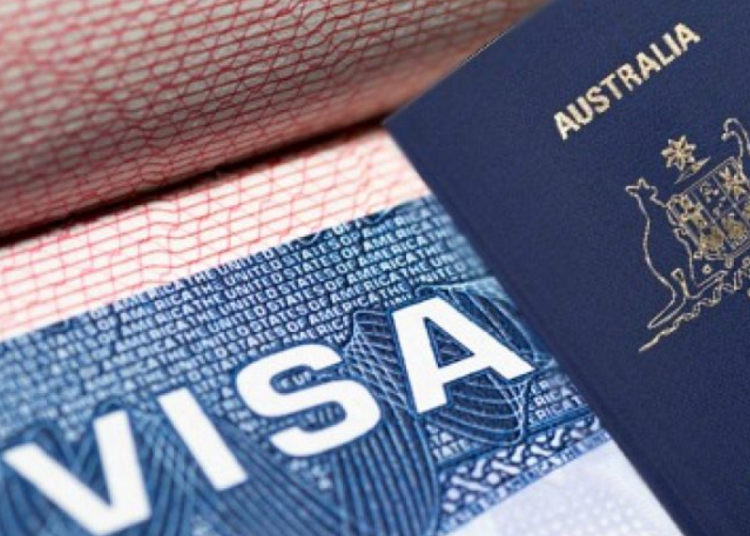The United States authorities have issued a new guideline for procuring US non-immigrant visas, a policy in line with Trump’s administration measures to streamline non-immigrant visa adjudications while managing global backlogs and security concerns.
This latest information was obtained from the official website of the US Department of State on Saturday, September 6. The website requires applicants to schedule interviews “at the US Embassy or Consulate in their country of nationality or residence.”
According to the State Department, the new directive begins immediately and surpasses all previous instructions on designated visa processing locations.
The Department directive said: “Nationals of countries where the U.S. government is not conducting routine nonimmigrant visa operations must apply at the designated embassy or consulate, unless their residence is elsewhere.”
The list of designated locations covers nationals from conflict-affected or diplomatically restricted states such as Afghanistan (Islamabad), Belarus (Vilnius, Warsaw), Cuba (Georgetown), Iran (Dubai), Russia (Astana, Warsaw), Venezuela (Bogota), and Yemen (Riyadh).
Applicants are also notified of three critical changes, namely;
Residence Requirement stated, “Applicants must be able to demonstrate residence in the country where they are applying, if the place of application is based on their residency.”
The second one is the Fees, which states, “Applicants who schedule nonimmigrant interviews at a U.S. embassy or consulate outside their country of nationality or residence might find it more difficult to qualify for the visa. Fees paid for such applications will not be refunded and cannot be transferred.”
The third is Appointment Availability: “Applicants applying outside their country of nationality or residence should expect to wait significantly longer for an appointment.”
The State Department, however, assured that existing appointments “will generally not be cancelled,” even as it emphasised that the new rules do not apply to diplomatic, NATO, or UN-related visas.
According to the Saturday release, exceptions may still be granted for “humanitarian or medical emergencies or foreign policy reasons,” even as it advised applicants to check their local embassy or consulate websites for details on requirements and wait times.
Going by the new directive, Nigerians and all other nationals must apply strictly in their country of residence or nationality instead of travelling to another country when slots in their own country are unavailable, as was the previous practice.
It will undoubtedly make things increasingly difficult for Nigerians, especially those reportedly known to have exploited the opportunity to secure visas from other countries.











